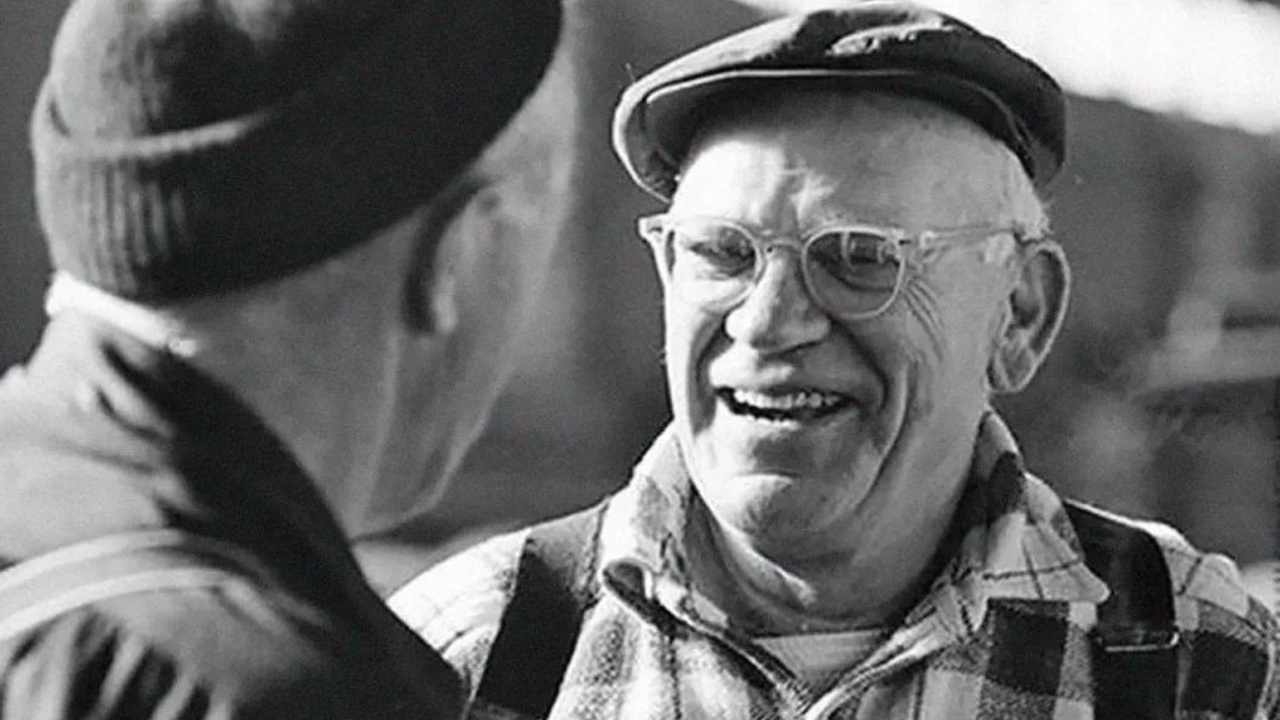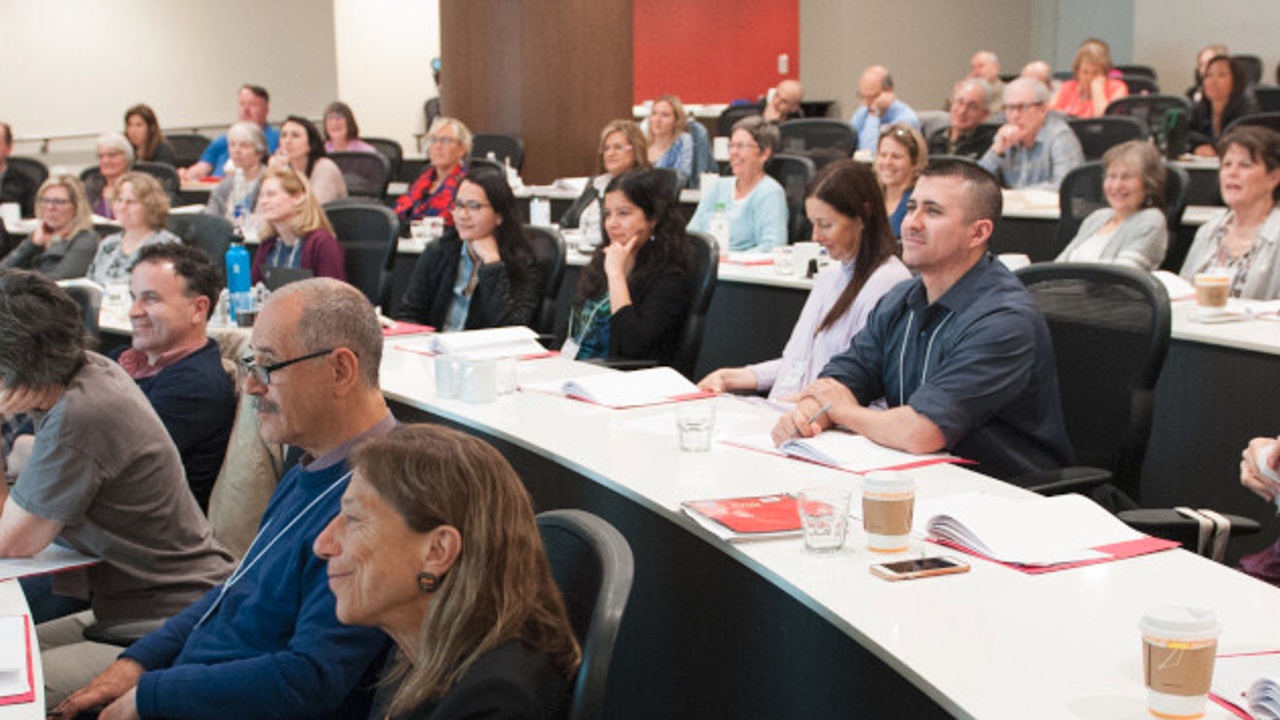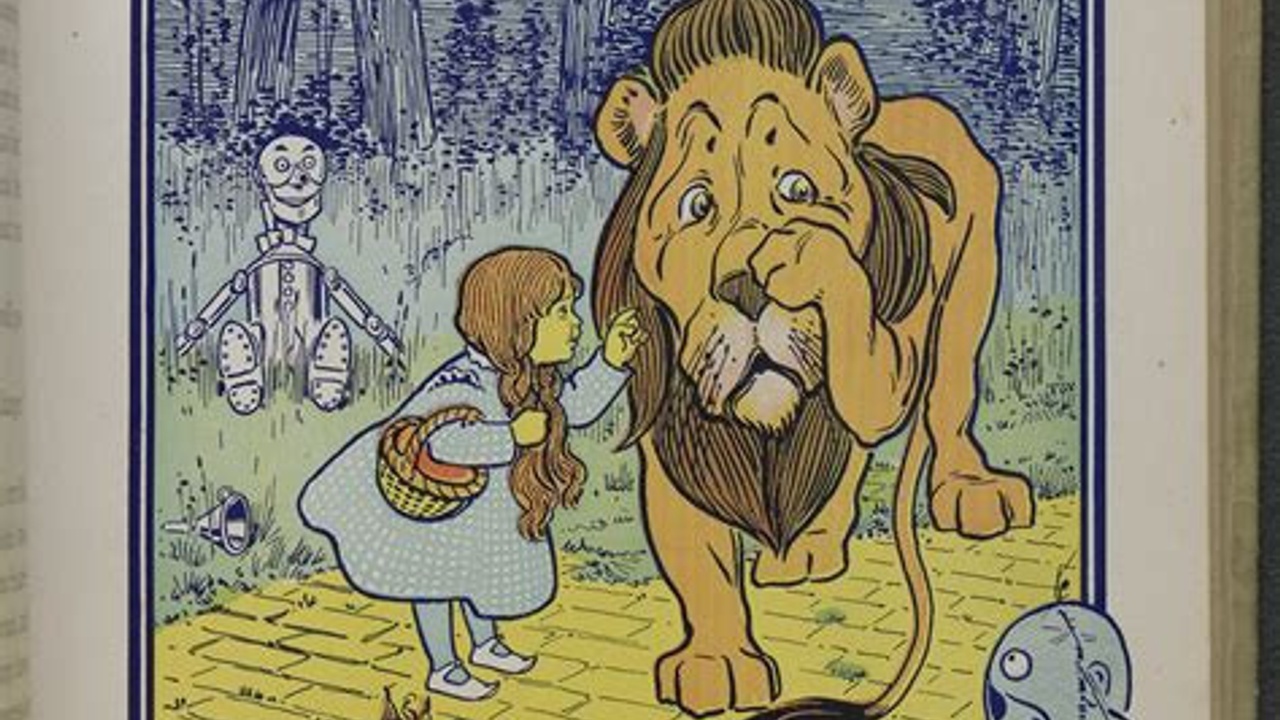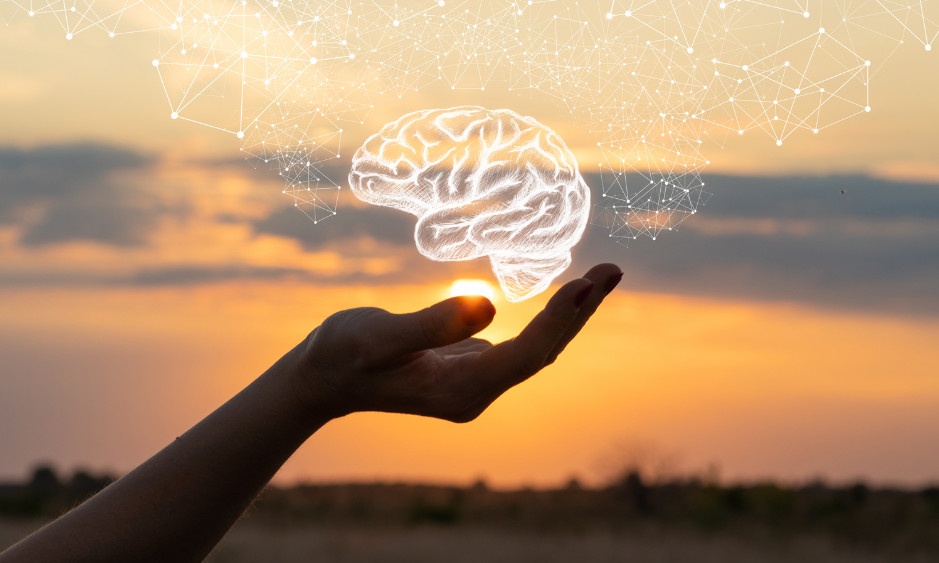Neuroscience of Change
Science: the surprising story of why it's hard

According to the dynamic philosopher of working people Eric Hoffer, “In a time of drastic change it is the learners who inherit the future.” But it turns out that learning is not easy. It may not even happen in the way we think it does.
Beginning thirty years ago, researcher Kevin Niall Dunbar analyzed the scientific process at four biochemistry labs at Stanford. His results are deeply unsettling.
Most of us have grown up thinking of science – and of the civilizations based on the technology made possible by it -- as an orderly process of gradual revelations about the world. Based on their observation and experience in a field, someone develops a theory. Then methodical testing leads an accumulation of experimental data to offer insights into improving the theory.
But in his research, apparently half or more of the results don’t make any sense, and are discarded, even if they indicate important new directions for the theory.
From fMRI scans, Dunbar...
Community keeps us safe, joyful, and sane

I love my work. At EEGer, we get to explore mysteries at the boundaries of neuroscience, learning, games, neurofeedback, signal processing, and tech support. The zen of tech support I'll come back to another day. One of the facets of our work that inspires me the most is interacting with the community.
I first met EEGer clinicians at the Neurofeedback Interchange Conference in April 2013, where Karin and I recorded some interviews of participants, and I was blown away at the pragmatic enthusiasm of people in the EEGer community. Most of all, I found your passion for this brain-training process compelling and contagious. I heard stories of how therapy and neurofeedback helped people recover and thrive from debilitating anxiety, addiction, trauma, traumatic brain injury, even epilepsy and Parkinson's.
This community embodies a rare combination of skills, understanding, and curiosity. In short, this is what motivates me to cultivate tools and resources, to continue development of the...
From Trauma and Courage to Safety

These days bring me effortlessly to the big questions. I wonder about basic stuff: Who am i? Why are we here? What's worth doing? If I'm candid, it's probably also a consequence of being dad to a toddler, curious about everything. Being a parent is partly an opportunity to be in awe at random, unexpected moments. It's humbling to be surprised by this.
One of the things on my mind is safety. I've had a relatively narrow view of what it means to be safe, for different reasons.
We were taught as kids to be mindful to be physically safe in each moment. We didn't discuss how the way we live may be dangerous for our future selves, or future children. And we're neurophysiologically ill-equipped to respond to such abstract threats. With an alligator I have a visceral reaction. With climate instability, or a pandemic, there's some imagination involved. For many of us, most of the time, the consequences of our actions are literally imaginary.
We also were not taught that safety is wildly...
Why The Bystander Effect Has It All Wrong

This past week, I've been thinking more about the so-called bystander effect, and about what encourages pro-social, "heroic" behavior. I wrote about this before the US election last November, about how the concept of the bystander effect is incomplete, flawed even. In short, there is ample evidence that when not surrounded by (secretly instructed) passive bystanders, people tend to help, even at personal risk.
So I've been wondering why this notion of a cruel, self-centered, unhelpful world has such traction in our time, despite evidence showing that we are generally empathic and active interventionists. It led me to wonder who benefits from such a narrative, this tale that people are innately passive -- even selfish -- bystanders? Put another way, what changes might happen if more of us were motivated by a realization that actually, our desires for a beloved community are widely shared?
We are accustomed to thinking that active caring is unusual, maybe a consequence...
The Dangers of Overconfidence

I am sure of less today than a year ago. This time has been an extended opportunity to re-evaluate my assumptions. What do I understand about how decisions are made, by my compatriots, by people in power? How much can I rely on my expectations that tomorrow will be like today? Am I living sustainably given the transformations of our times? What do I believe, and believe in? What do I need to learn?
This week is the celebration of fools, and I keep thinking about confidence. Certainly, for many US cultures, confidence is associated with competence, knowledge, and experience. And yet there is evidence -- both in the real world and in the research -- that overconfidence leads to being wrong.
In this study from 2016, researchers asked the participants how confident they were in their answer being correct. The more confident they felt, the poorer the accuracy of their self-assessment. Interestingly, in fMRI scans greater confidence meant greater activation in the striatum, associated...


